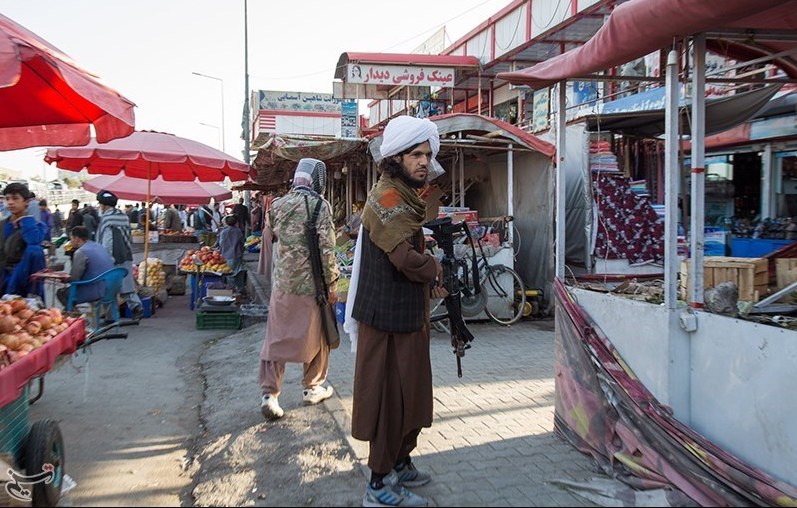
The United Nations Office of the High Commissioner for Human Rights (OHCHR) released a statement Aug. 14 condemning the idea that the Taliban are “reformed” since the last time they were in power in Afghanistan. The statement, written by multiple human rights experts, drew attention to the gap between the promises made by the Taliban upon its return to power in August 2021 and the reality of “gender apartheid” in Afghanistan.
The experts stated:
[T]he policies they [the Taliban] have imposed on the Afghan population have resulted in a continuous, systematic and shocking rescinding of a multitude of human rights, including the rights to education, work, and freedoms of expression, assembly and association. Consistent credible reports of summary executions and acts tantamount to enforced disappearances, widespread arbitrary detention, torture, and ill treatment, as well as arbitrary displacement have caused increased concern.
The statement pointed out that in 2021 the Taliban promised to “uphold human rights obligations and women’s rights.” However, in 2022, girls over 10 were barred from school and women were banned from traveling without a male escort. Women have also been banned from public places and from attending university. The experts stated: “The hardest hit are women and girls, ethnic, religious and other minorities, people with disabilities, displaced persons, LGBTQ+ persons, human rights defenders and other civil society actors, journalists, artists, educators, and former government and security officials.”
The statement concluded with six demands on the Taliban: allowing women to work, run businesses and enjoy full rights; reopening schools for girls and women, and ensuring access to quality education; ending reprisals against former officials and civil society members; ending arbitrary detentions; reversing actions that shrink civic space; and enforcing strict measures to prevent discrimination against ethnic and religious minorities.
From Jurist, Aug. 15. Used with permission.
See our last report on the Taliban’s anti-woman crackdown.





Taliban block women from flying to Dubai for university
Around 100 Afghan women were prevented by Taliban authorities Aug. 23 from boarding a plane to the United Arab Emirates, where they were to attend university. The students were sponsored by UAE-based businessman Khalaf Ahmad Al Habtoor, who provided them with scholarships in collaboration with the University of Dubai. (Jurist)
Afghanistan women, girls in ‘deadly’ situation following quakes
Alison Davidian, the UN special representative for women in Afghanistan, said Oct. 22 that women and girls under Talbian rule are in a “deadly” situation following following two earthquakes in the country.
Afghanistan has been hit by a wave of earthquakes between Oct. 7 and 15, directly affecting a total of 43,400 people across six districts. According to UN figures, 1,500 people have been killed and over 2,000 injured. The World Health Organisation further reported that 90% of those killed were women and children.
Davidian said, “When natural disasters strike, women and girls are impacted most and often considered least in crisis response and recovery.” (Jurist)
Taliban regime opens new schools — but millions still barred
In the two years since it has returned to power, the Taliban says at least 200 new schools have been opened across the country, mostly in rural areas—a positive development considering the so-called “ghost school” scandal under the former Western-backed government. Despite this announcement, however, more than three million children remain out of school and girls are still not allowed to study beyond the sixth grade. (TNH)
Taliban arrest women for ‘bad hijab’
The Taliban have arrested women in the Afghan capital for wearing “bad hijab,” a spokesman at the country’s Vice & Virtue Ministry said Jan. 4. This is the first official confirmation of a crackdown on women who don’t follow the mandatory hijab imposed by the Taliban diktat they returned to power in 2021. (AP)
UN mission: harsh abuses continue in Afghanistan
The United Nations Assistance Mission in Afghanistan (UNAMA) released a report regarding human rights in the country on July 31, documenting arbitrary arrest, torture, and killings, especially targeting former government officials. UNAMA’s latest report is based on monitoring undertaken by its Human Rights Service and covers the period from April to June 2024. (Jurist)